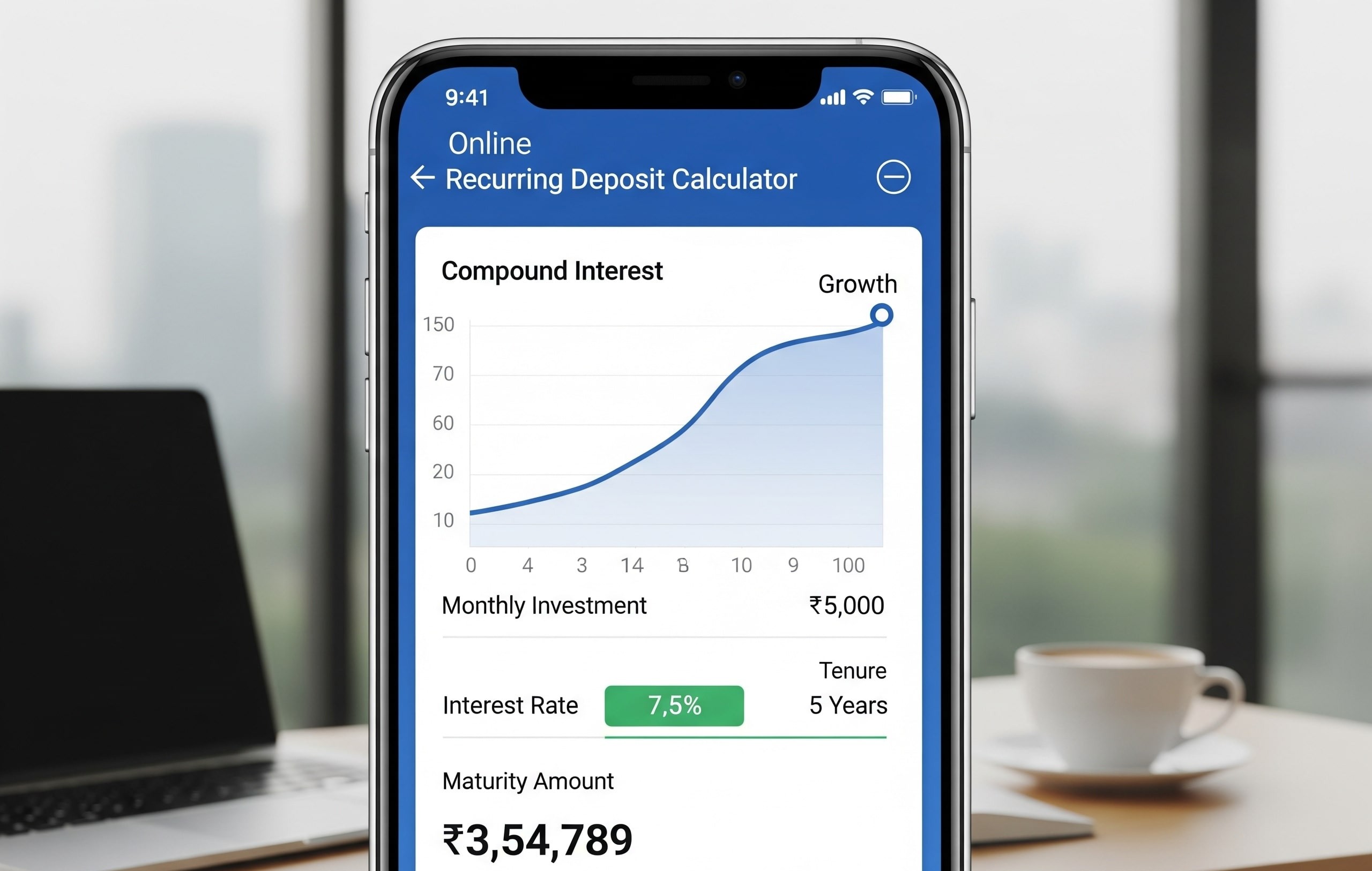Mutual funds are a popular investment vehicle for individuals seeking to grow their wealth. However, understanding the distinction between regular mutual funds and direct mutual funds is crucial to making an informed investment decision. This article dives into the differences between the two, helping you decide which option suits your financial goals.
What Are Regular and Direct Mutual Funds?
Regular Mutual Funds:
- These are mutual funds purchased through intermediaries such as agents, brokers, or distributors.
- Intermediaries earn a commission, which is included in the expense ratio of the fund.
Direct Mutual Funds:
- Investors purchase these funds directly from the mutual fund house without any intermediary involvement.
- As no commission is paid, the expense ratio for direct plans is lower, offering better returns over time.
Also Read: How to start sip investment | Mutual Fund Lock In Period
Key Differences Between Regular and Direct Mutual Funds
To help you compare regular and direct mutual funds effectively, let’s break down the differences:
| Criteria | Regular Mutual Funds | Direct Mutual Funds |
|---|---|---|
| Intermediary | Purchased through brokers or agents | Bought directly from the fund house |
| Expense Ratio | Higher due to commission included | Lower as no commission is involved |
| Returns | Comparatively lower due to higher expense ratio | Higher due to reduced costs |
| Guidance | Professional advice provided by intermediaries | No external guidance; self-managed |
| Suitability | Suitable for new or less confident investors | Ideal for experienced and informed investors |
Why Is the Expense Ratio Important?
The expense ratio is a critical factor when choosing between regular and direct mutual funds. It represents the annual fee charged by the fund for managing your investment. Here’s how it impacts your returns:
- Regular Plan: Higher expense ratios reduce your overall returns.
- Direct Plan: Lower expense ratios enhance your investment’s growth potential.
FAQs About Regular and Direct Mutual Funds
1. Which Mutual Fund Option Offers Better Returns?
Direct mutual funds offer better returns than regular plans because they have lower expense ratios. For example:
- A 1% difference in the expense ratio can lead to significant returns over a 10-year period due to compounding.
2. Can I Switch from Regular to Direct Mutual Funds?
Yes, investors can switch from a regular plan to a direct plan. However, consider the following:
- Exit Load: Some funds may charge an exit load if you redeem units within a specified period.
- Tax Implications: Switching is treated as a redemption and can attract capital gains tax.
3. Who Should Invest in Regular Plans?
Regular plans are ideal for:
- First-time investors who require guidance.
- Those unfamiliar with fund selection and market analysis.
Advantages and Disadvantages of Regular and Direct Plans
Regular Plans:
Advantages:
- Access to professional advice.
- Simplified investment process for beginners.
Disadvantages:
- Higher costs due to commissions.
- Lower returns compared to direct plans.
Direct Plans:
Advantages:
- Lower expense ratio leads to higher returns.
- Encourages informed decision-making.
Disadvantages:
- Requires knowledge and time for research.
- Lack of professional guidance.
How to Choose Between Regular and Direct Mutual Funds?
When deciding between the two options, consider the following:
- Investment Experience:
- If you’re experienced, direct plans can save costs and boost returns.
- If you’re new to investing, regular plans provide valuable guidance.
- Time Availability:
- Direct plans require time to analyze funds and monitor performance.
- Regular plans save time as intermediaries manage the process.
- Financial Goals:
- Choose direct plans for long-term goals where cost savings compound.
- Opt for regular plans for short-term goals or if you need assistance.
Also Read: ETF Vs Mutual Fund: Check Difference | How to Invest in Mutual Funds Online
Conclusion
Understanding the differences between regular and direct mutual funds empowers you to make better investment decisions. While direct mutual funds offer cost advantages and higher returns, regular plans provide the comfort of professional guidance. Assess your financial goals, risk tolerance, and expertise before selecting the plan that’s right for you.
More Stories:
| ULIP plans vs mutual funds | SBI Tax Saving Mutual Fund |
| What is HDFC Life Opportunity Fund? | What is a Fixed Deposit? |
| Best Investment Plan for 5 Years | Top investors in Indian stock market |
Disclaimer:
The information provided in this article is for educational purposes only and should not be considered as financial or investment advice. Mutual fund investments are subject to market risks, and past performance does not guarantee future results. Before making any investment decision, consult with a certified financial advisor to assess your individual financial situation and goals. The author and publisher are not responsible for any financial losses arising from investments based on the information provided in this article.
Hello there, my name is Phulutu, and I am the Head Content Developer at Nivesh Karlo. I have 13 years of experience working in fintech companies. I have worked as a freelance writer. I love writing about personal finance, investments, mutual funds, and stocks. All the articles I write are based on thorough research and analysis. However, it is highly recommended to note that neither Nivesh Karlo nor I recommend any investment without proper research, and to read all the documents carefully.






Leave a Reply